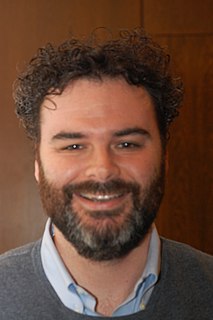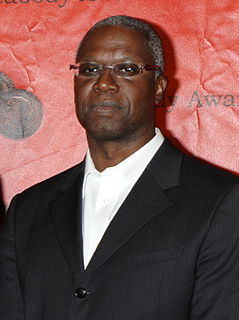A Quote by Dalai Lama
Today, the world is so small and so interdependent that the concept of war has become anachronistic, an outmoded approach. As a rule, we always talk about reform and changes. Among the old traditions, there are many aspects that are either ill-suited to our present reality or are counterproductive due to their shortsightedness. These, we have consigned to the dustbin of history. War too should be relegated to the dustbin of history.
Related Quotes
Great nations which fail to meet their responsibilities are consigned to the dustbin of history. We grew from that small, weak republic which had as its assets spirit, optimism, faith in God and an unshakeable belief that free men and women could govern themselves wisely. We became the leader of the free world, an example for all those who cherish freedom.
History of America, Part I (1776-1966): Declaration of Independence, Constitutional Convention, Louisiana Purchase, Civil War, Reconstruction, World War I, Great Depression, New Deal, World War II, TV, Cold war, civil-rights movement, Vietnam. History of America, Part II (1967-present): the Super Bowl era. The Super Bowl has become Main Street’s Mardi Gras.
I was born just after the end of World War II, and with my friends in our little suburban backyards in New Jersey, we used to play war a lot. I don't know if boys still play war, they probably do, but we were thrusting ourselves into recent history and we were always fighting either the Nazis or the Japanese.
However, there is a fundamental difference between the issue related to Japan's history and our negotiations with China. What is it all about? The Japanese issue resulted from World War II and is stipulated in the international instruments on the outcomes of World War II, while our discussions on border issues with our Chinese counterparts have nothing to do with World War II or any other military conflicts. This is the first, or rather, I should say, the second point.
The Philippines and the U.S. have had a strong relationship with each other for a very long time now. We have a shared history. We have shared values, democracy, freedom, and we have been in all the wars together in modern history, the World War, Second World War, Cold War, Vietnam, Korea, now the war on terrorism.
I did not know much history when I became a bombardier in the U.S. Air Force in World War II. Only after the War did I see that we, like the Nazis, had committed atrocities... Hiroshima, Nagasaki, Dresden, my own bombing missions. And when I studied history after the War, I learned from reading on my own, not from my university classes, about the history of U.S. expansion and imperialism.








































